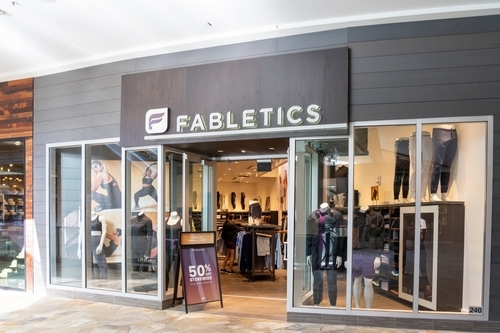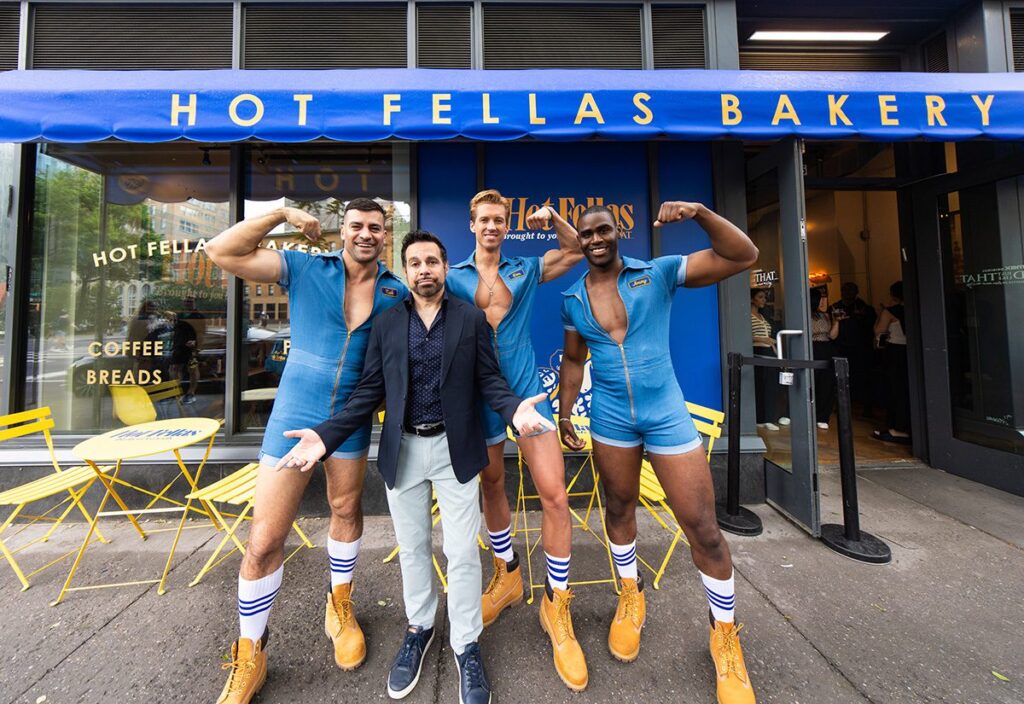In August, Hasbro will launch a version of the board game Life that uses a faux Visa card instead of faux money as currency, reports MediaPost’s Marketing Daily. As you might expect, some consumer advocates are less than happy: “The credit card companies have already saturated the teen market, so they’re going younger.” Personally I think Life could benefit from even more product tie-ins: What about some sort of cobranding effort with Trojan so that players don’t end up with a car full of pink and blue kids unless they want to?
Are “influencers”—the 15% of consumers who are said to drive trends by, well, influencing the other 85%–simply the marketing version of an urban myth? A professor at Columbia University thinks so, and he explains why to Brandweek. But don’t tell the Sci-Fi Channel, which last week issued a press release declaring that its viewers are “major influencers according to Experian Simmons research.” Presumably those viewers bear no resemblance to the pudgy, plastic-light-saber-wielding and wizard-costumed attendees of the sci-fi and fantasy convention I attended a few years ago.
“Banned in Boston” could take on a new meaning. Sister publication Promo reports that Boston’s city council is prepping a series of workshops designed to circumvent future marketing brouhahas such as the Cartoon Network promotion in January that all but shut down the bomb-fearing city and the Dr. Pepper treasure hunt that encouraged participants to dig up a historic graveyard.
Neologism of the Week: “technosexual,” courtesy of the folks at Calvin Klein. According to The New York Times, “last year, the company went so far as to trademark ‘technosexual,’ anticipating it could become a buzzword for marketing to millennials.” Given that the same company thinks that CK in2u is a kicky name for its new fragrance, which is aimed squarely at the millennial generation, I doubt that any other great minds were planning to use “technosexual” any time soon.
 Network
Network

